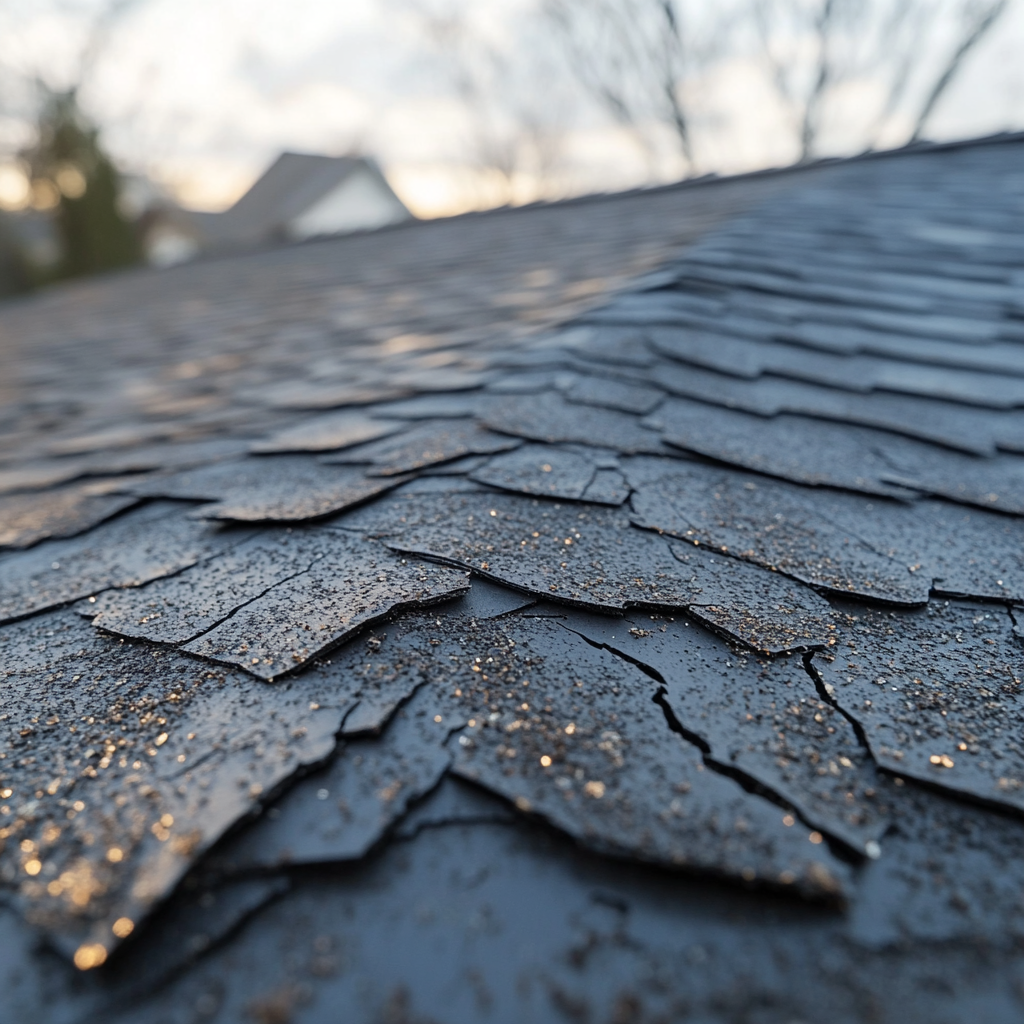Does HOA Insurance Cover Water Damage? Know Your Rights
TL;DR: Does HOA Insurance Cover Water Damage? A Homeowner’s Guide for FL, MN & WI
HOA insurance may cover common area water damage—not interior unit damage.
In Florida, hurricane-related damage may trigger HOA responsibility.
Minnesota law may favor owners when damage starts in shared systems.
Wisconsin owners often cover interior water damage unless HOA negligence applies.
If your HOA claim is denied, contact Shoreline Public Adjusters for a free review.
Water Damage & HOA Insurance: What Florida, Minnesota, and Wisconsin Condo Owners Need to Know
When water damage strikes your condo or home in an HOA community, the first question is often: "Does HOA insurance cover this?" The answer isn’t always clear—and if you live in Florida, Minnesota, or Wisconsin, the rules can vary depending on your location, your HOA’s bylaws, and how the water damage occurred.
In this article, we’ll cover everything you need to know about HOA insurance and water damage. We’ll explore what HOA policies typically cover, common exclusions, who’s responsible in real-world scenarios, and how coverage rules differ by state. You’ll also learn exactly what steps to take if your HOA or insurance provider denies your claim—and how a licensed public adjuster like Shoreline can help fight back.
What Does HOA Insurance Typically Cover?
HOA (Homeowners Association) insurance—commonly referred to as a master policy—is designed to protect shared spaces and structures within a community. The coverage is paid for through HOA dues and managed by the association’s board.
Here’s what’s typically included:
Common areas: Entryways, stairwells, clubhouses, swimming pools, lobbies, etc.
Exterior structures: Roofs, exterior walls, foundations, gutters, and shared plumbing systems.
Structural components: In some cases, HVAC systems, electrical, and plumbing that serve multiple units.
Liability insurance: Covers injuries or damage that occur in common areas or due to the HOA’s negligence.
Two types of master policies are most common:
Bare Walls Coverage: Covers only the frame and basic structure of the building. It ends at the drywall.
All-In Coverage: Extends to finished surfaces inside units, such as built-in cabinets, sinks, countertops, and sometimes plumbing and electrical systems.
Important: The type of master policy your HOA carries directly impacts whether your water damage will be covered. More comprehensive coverage increases the chances—but there are still limits and exclusions.
What HOA Insurance Doesn’t Cover (Especially Water Damage)
HOA insurance usually stops at the threshold of your individual unit. Anything considered part of your private property is generally your responsibility. That includes interior surfaces, personal belongings, and any custom installations.
Water damage is particularly tricky because it can occur from various sources—some covered, others not.
Typical exclusions from HOA master policies include:
Leaks from personal appliances (refrigerator, dishwasher, washing machine)
Overflow from sinks, tubs, or toilets caused by resident negligence
Long-term leaks resulting in mold or rot
Damage to furniture, electronics, and personal possessions
If the water intrusion starts inside your unit, your personal insurance policy (HO-6 or condo policy) is usually the one to respond. However, if the source of the damage is traced back to a shared element or HOA negligence, the master policy could come into play.
Common Water Damage Scenarios: Who’s Responsible?
Let’s look at some common situations condo and homeowners face and who might be liable:
Pipe burst in a shared wall: Covered by the HOA’s master policy if the pipe serves multiple units.
Roof leak from storm damage: HOA may be responsible if the roof is a common element and they failed to maintain it.
Leaking water heater inside your unit: Usually your responsibility.
Clogged community sewer line backing into your unit: May be covered by the HOA policy depending on bylaws.
Flooding from a common area sprinkler system malfunction: Potentially covered under HOA policy.
Responsibility depends on:
Where the damage originated
The maintenance obligations outlined in your HOA’s governing documents
Whether any party was negligent in care or upkeep
Florida: HOA Water Damage Laws Explained
Florida’s climate makes water damage especially common. With hurricanes, high humidity, and frequent storms, insurance disputes in condo and HOA communities are on the rise.
Here’s what Florida condo and homeowners need to know:
Statute 718.111: Requires that condo associations insure all common elements, including roofs, exterior walls, and plumbing that serves more than one unit.
Hurricane damage: Wind-driven rain or roof leaks caused by hurricanes may fall under HOA coverage—especially if the exterior failed due to poor maintenance.
Mold and mildew: Usually not covered unless caused by a covered water event.
Check your Declaration of Condominium to see if your HOA has an all-in policy or bare walls coverage. Also, be aware of high hurricane deductibles in master policies.
Shoreline Public Adjusters has helped clients across Florida—including Naples, Fort Myers, Tampa, and Miami—navigate HOA water damage claims after storms.
Minnesota: HOA Insurance and Water Damage
Cold winters and aging infrastructure in Minnesota can lead to frozen pipes, ice damming, and burst plumbing—common causes of water damage.
Key points under Minnesota Statute 515B.3-113:
Shared plumbing or HVAC systems: Often the HOA’s responsibility.
Frozen pipes in uninsulated attics or crawlspaces: HOA may be liable if they’re in common elements.
Sump pump failures or exterior grading issues: Could be considered maintenance issues under the HOA’s purview.
Minnesota courts often weigh responsibility based on whether the problem stemmed from common infrastructure or within the unit.
Tip: Condo owners in Minneapolis, St. Paul, Rochester, and Duluth should keep detailed maintenance records to protect their rights in water-related claims.
Shoreline Public Adjusters helps Minnesota clients recover full payouts on HOA claims, including those involving subrogation after personal policies pay first.
Wisconsin: HOA Water Damage Responsibilities
Wisconsin condo owners are governed by Chapter 703 of the Wisconsin Statutes, which places emphasis on the association’s responsibility to insure common elements.
Key water-related coverage scenarios include:
Foundation leaks or cracked exteriors: Often fall on the HOA’s master policy.
Appliance malfunctions or shower leaks inside the unit: Likely the homeowner’s responsibility.
Poor roof drainage or ice buildup causing leaks: May be HOA’s liability if linked to improper roof design or maintenance.
In Madison, Milwaukee, Green Bay, and surrounding areas, Shoreline Public Adjusters has successfully challenged denied claims by using engineering reports and detailed photo documentation to prove causation.
What To Do If Your HOA Insurance Denies a Water Damage Claim
Denied HOA water damage claims aren’t the end of the road. Follow these steps:
Get the denial in writing with specific reasoning.
Request a full copy of the master policy and recent amendments.
Review your HOA bylaws and CC&Rs to determine who is responsible.
Take timestamped photos and video of the damage immediately.
Hire licensed contractors to provide independent estimates.
Contact Shoreline Public Adjusters for a free consultation and claims strategy.
How Shoreline Public Adjusters Can Help
At Shoreline, we know the complexities of HOA insurance disputes. Whether your issue involves hidden leaks, burst pipes, or hurricane-related damage, we work on your behalf—not the insurance company’s.
Our services include:
Detailed policy and bylaws analysis
Professional damage assessment
Full claims preparation and documentation
Insurance negotiations and settlement maximization
Litigation support if necessary
We proudly serve clients across Florida, Minnesota, and Wisconsin, and have helped hundreds of homeowners recover money they were rightfully owed.
Preventing Future HOA Water Damage Disputes
To minimize future risk and disputes:
Attend HOA meetings and review insurance renewals.
Request written clarification on what the master policy includes.
Install water sensors and shut-off valves in your unit.
Maintain your own HO-6 insurance with adequate loss assessment coverage.
Being proactive today could save thousands tomorrow.
Key Takeaways: Does HOA Insurance Cover Water Damage?
HOA insurance may cover water damage in shared or common elements, but your unit’s interior is usually your responsibility.
Florida, Minnesota, and Wisconsin each have unique laws and insurance regulations that impact coverage.
Carefully read your HOA’s bylaws and master policy to understand your protections.
Water damage caused by HOA negligence may still be covered, even if initially denied.
Work with a public adjuster to level the playing field and get a fair payout.
Contact Us Today for a Free Consultation
Don’t let a denied water damage claim from your HOA go unchallenged. Whether you're in Florida, Minnesota, or Wisconsin, Shoreline Public Adjusters is here to help you get the settlement you deserve.
Shoreline Public Adjusters, LLC
780 Fifth Avenue South
Suite #200
Naples, FL 34102Email: hello@teamshoreline.com
Phone: 954-546-1899
Fax: 239-778-9889



